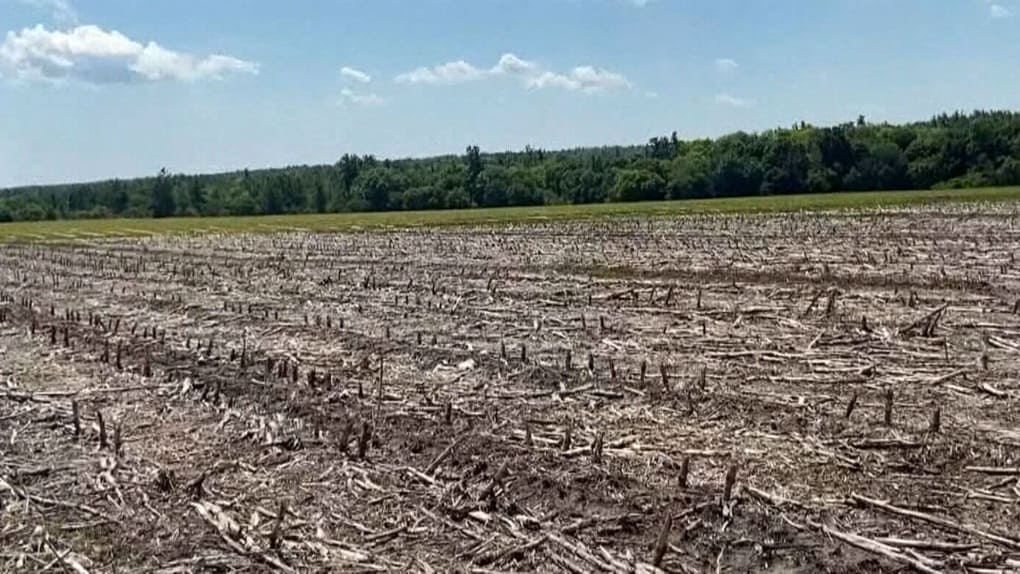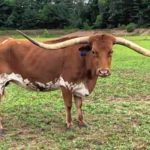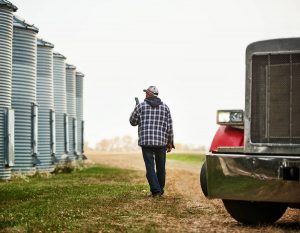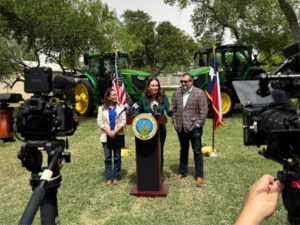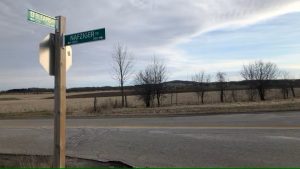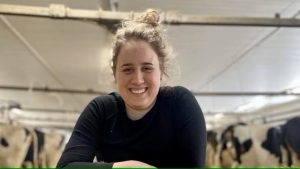
In the rural community of Baker Creek, southwest of Quesnel, Sage Gordon wonders if his ranch will survive.
“For the small producers, it’s really tough. There’s a lot of them that probably won’t survive. There’s a few big outfits that may not survive either,” he said.
Gordon has lost grazing and hay fields to both the drought and wildfires.
The price of hay has climbed significantly and finding feed for his cattle is difficult because other regions are also strained.
“At this point, it’s looking like I may have to sell my whole herd,” he said. “I can’t afford hay.”
BC United MLA for Cariboo North, Coralee Oakes, said many ranchers have been significantly impacted by drought and need help.
“We are seeing a flood of people sending their livestock to the auction,” she said. “The Vanderhoof auction has record levels right now.”
“We are seeing our crops deteriorate. It’s hard to get crops off and what people are producing will have significant impacts on whether they’re able to feed their livestock through the fall and winter,” Oakes explained.
On Lindsay Heer’s second generation dairy farm in Telkwa, not far from Smithers, they are experiencing drought conditions her family’s never experienced before.
“Our yields are down about 70 per cent so we are looking to supplement feed for our cattle,” she said, explaining other farmers are facing even tougher circumstances.
“There’s a lot of nervousness, a lot of uncertainness and I would say the situation is quite dire,” Heer said.
She said hay prices are as much as three times higher than last year.
“It makes it not possible to continue when the prices are so high. People just can’t afford it, quite frankly. People can’t afford to farm,” Heer said.
In the Fraser Valley, farmers who do not have irrigation systems are also dealing with significantly reduced crops.
“B.C. dairy farmers grow most of the feed that we feed to our animals on the farm ourselves, so primarily grass and corn. And our ability to do that really depends right now on our access to water,” said Sarah Sache, vice-chair of the BC Dairy Association.
“It’s making it really difficult to grow the feed we rely on for our animals,” she said.
The province says it’s working closely with B.C. ranchers and dairy farmers to try and source desperately needed feed.
“We’ve also submitted an application to the federal government for an agri-recovery program which will help impacted farmers recover and get back into production,” said Pam Alexis, B.C.’s agriculture minister.
She said other steps have also been taken to support farmers.
“As summer goes on, this isn’t going to get any easier, but I can promise we will be with the agriculture community every step of the way,” the minister said.
Heer said they are grateful for help.
But Gordon said that while there are support programs out there, so far his smaller ranch has not qualified for assistance.
“It’s tough, it really is,” Gordon said as he fought back tears.
“I poured ten years into this…trying to expand, trying to make it something that would support my family completely,” he said.
“It hurts. It really hurts,” he said.
